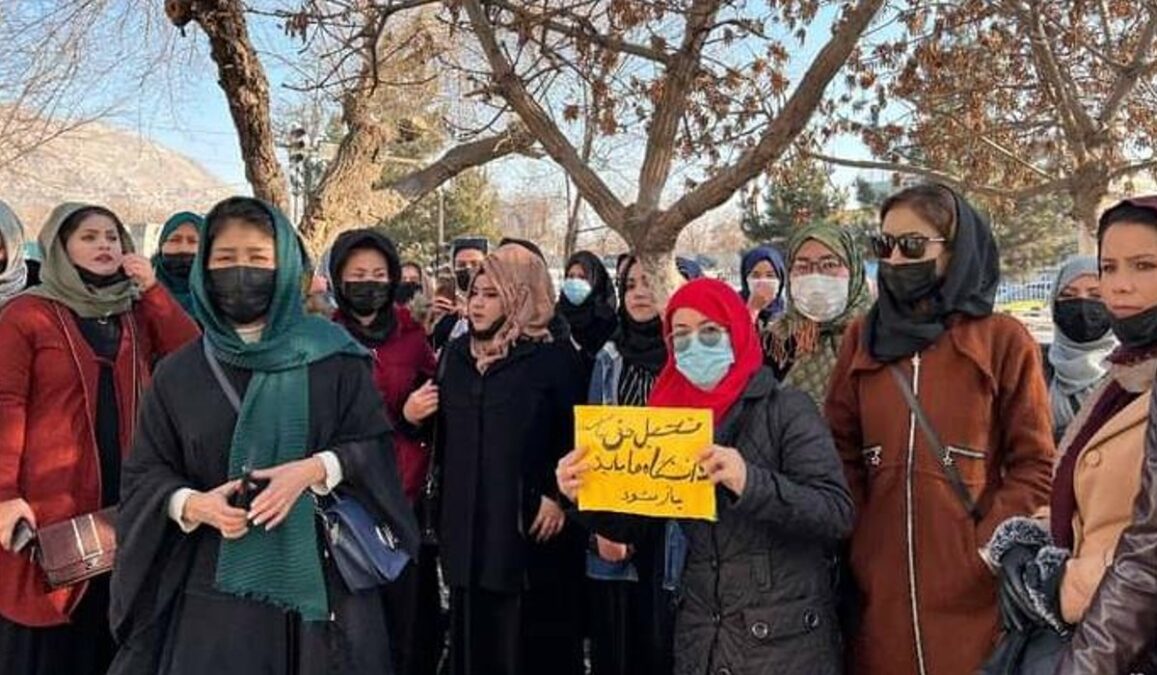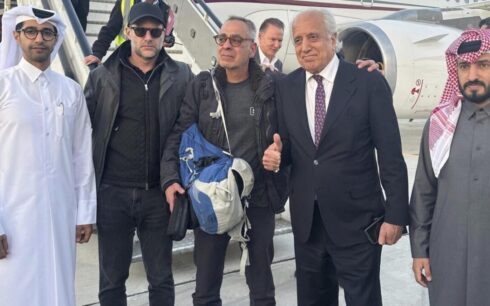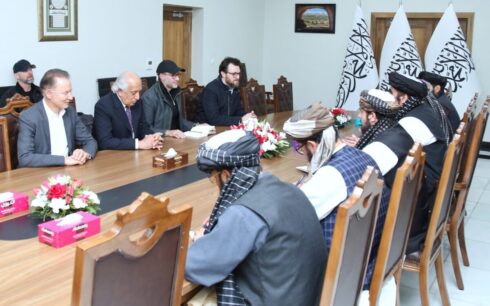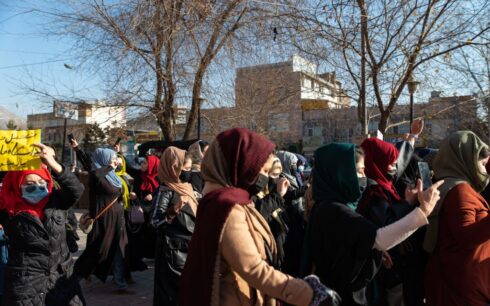The director of the Women’s Rights Division at Human Rights Watch has emphasized the need for “full” and meaningful participation of Afghanistan’s women in meetings relevant to the country, saying that Afghanistan is facing the “most serious women’s rights crisis in the world.”
Heather Barr wrote on X that the women of Afghanistan must be “at the table in every discussion regarding their country’s future.”
“Join us in calling for Afghan women’s full, equal, meaningful & safe participation,” she said.
The women who are living under Taliban rule in Afghanistan are bearing the brunt of a dire humanitarian situation, especially as they have had their freedom of movement curtailed and they are restricted from working in most sectors, including for NGOs and the United Nations.
Suraya Paikan, a human rights activist, said both men and women in Afghanistan have the right to take part in important issues relevant to the country’s interests.
“Expressing ideas, and theories as well as plans and negotiations, is the right of the citizens of Afghanistan. Either women or men, need to be included in the negotiations and present their ideas. Based on Islamic principles and international norms Afghan women have the right to make decisions in issues relevant to their countries,” she said.
Heather Barr also attached an open letter on X, which was signed by 19 international organizations and addressed to the permanent representatives of the United Nations ahead of the UN Security Council’s annual Open Debate on Women, Peace and Security, which is scheduled to take place later this month.
The letter called on the representatives to take “action to realize the foundational demand of Resolution 1325 (2000)—ensuring women’s full, equal and meaningful participation in peacemaking.”
Following the collapse of the former republic government under president Ashraf Ghani, the Taliban returned to power in August 2021.
Since then, the Taliban’s leader has issued back-to-back edicts depriving women of their basic rights.
Nahid, 28, is one of the millions of women in Afghanistan who has been left vulnerable through the Taliban’s extremist policies.
Nahid voiced her criticism over the Taliban’s oppression of women, saying that women are deprived of their basic rights.
“The women are deprived of their rights to education, work and going to the parks,” she said.
The international organizations cited in their reports that the Taliban’s restrictions on women have deepened Afghanistan’s crisis. After the Taliban banned women from working for NGOs, many Western donors took a step back and either suspended assistance or cut back significantly on funding.
This in turn has led to a severe budget shortfall for UN aid agencies in Afghanistan and has driven the needy deeper into poverty.





